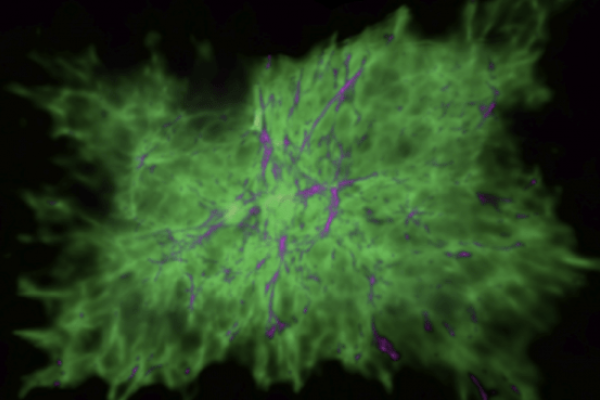
Sweating the Small Stuff: Unveiling the Crucial Role of Multi-scale Stellar Feedback in Galaxies
Abstract:
Stellar feedback, the injection of energy, mass, and momentum by young (massive) stars into the interstellar medium, remains as one of the largest uncertainties in star and galaxy formation. Yet it is central to all of the key scientific challenges in astronomy for the next decade as outlined by the Astro2020 Decadal Survey. These are (1) Unveiling the Drivers of Galaxy Growth, (2) Pathways to Habitable Worlds, and (3) New Windows on the Dynamic Universe. Understanding the critical role that stellar feedback plays in galaxy formation and evolution therefore requires a holistic approach by studying how stellar feedback affects the formation of individual stars and their natal molecular clouds, in order to understand how feedback is transferred to the large-scale structures of galaxies themselves. In this talk, I will discuss my efforts in understanding how stellar feedback impacts the formation of massive stars and star clusters, and discuss how we can use analytical models and numerical simulations to elucidate the physics behind multi-wavelength observations. Throughout my talk, I will discuss my future goals of studying how stellar feedback affects star formation across cosmic time and drives the chemical evolution of galaxies and the Universe with state-of-the-art numerical simulations that will allow me to study these problems in unprecedented detail. Additionally, I will highlight future projects that will enable me to study the gas and stellar dynamics of young, gas-rich star clusters and the formation of close-in massive binaries, which has important consequences for massive star/binary evolution and understanding the progenitors of gravitational wave sources.
